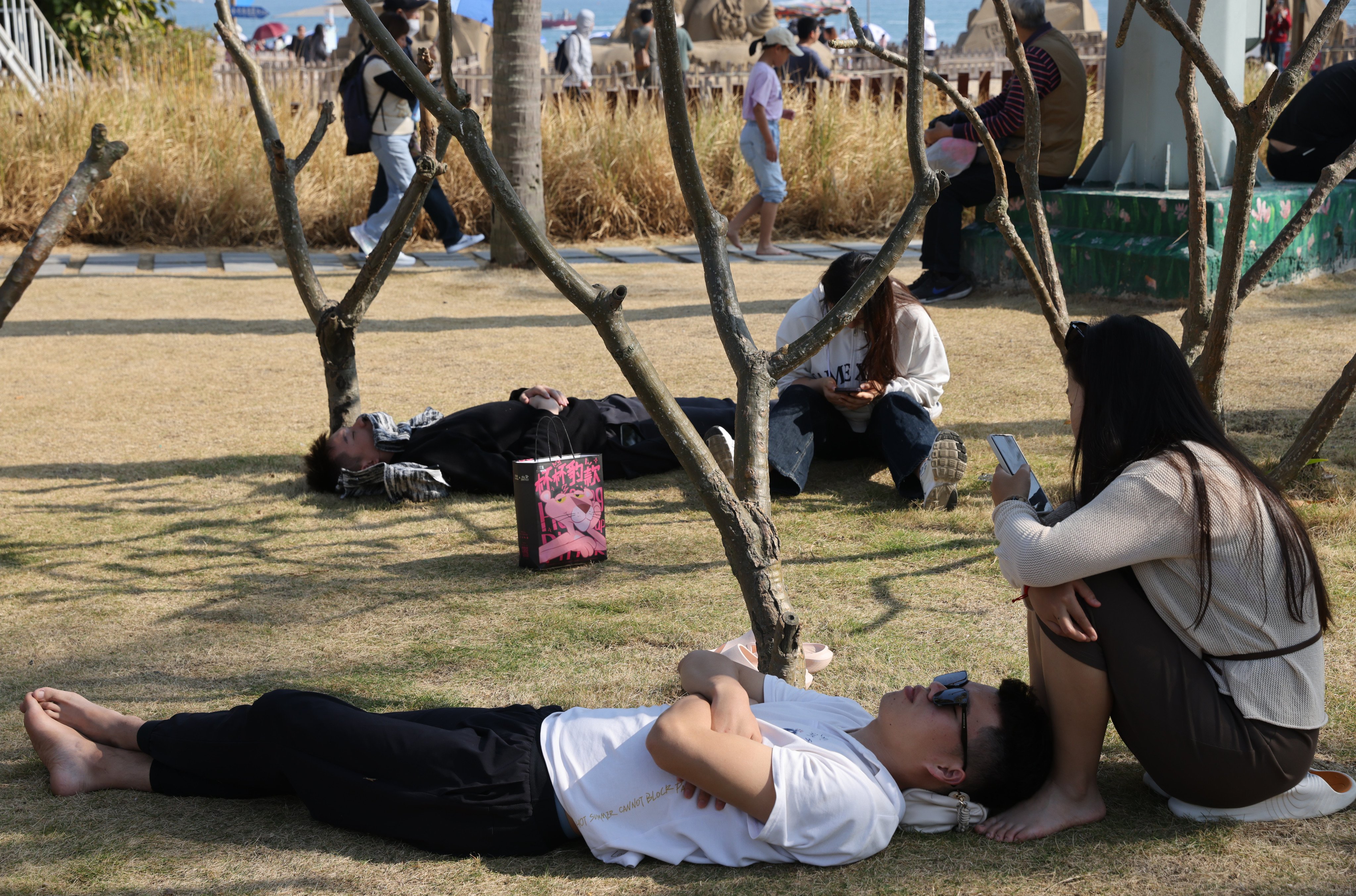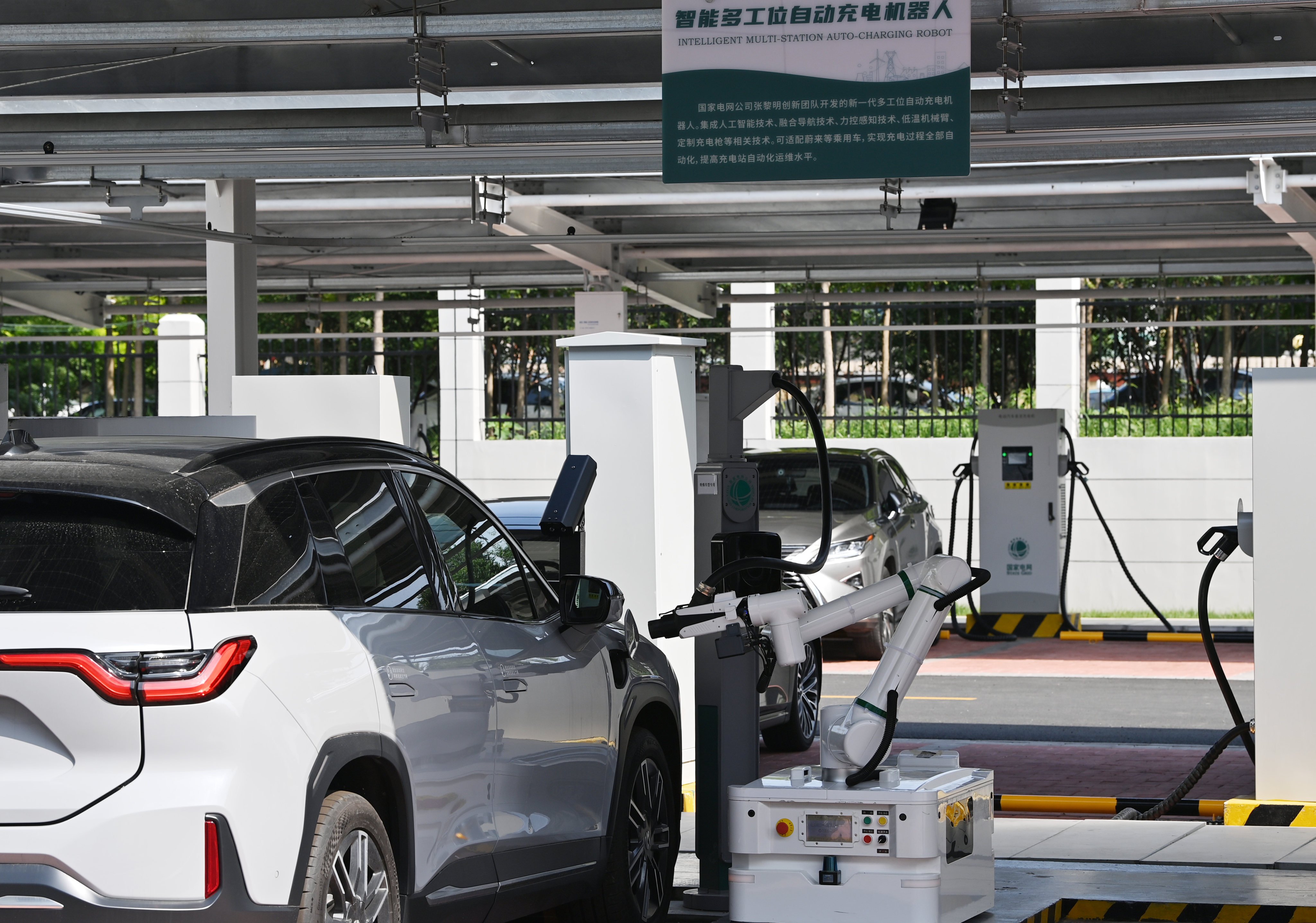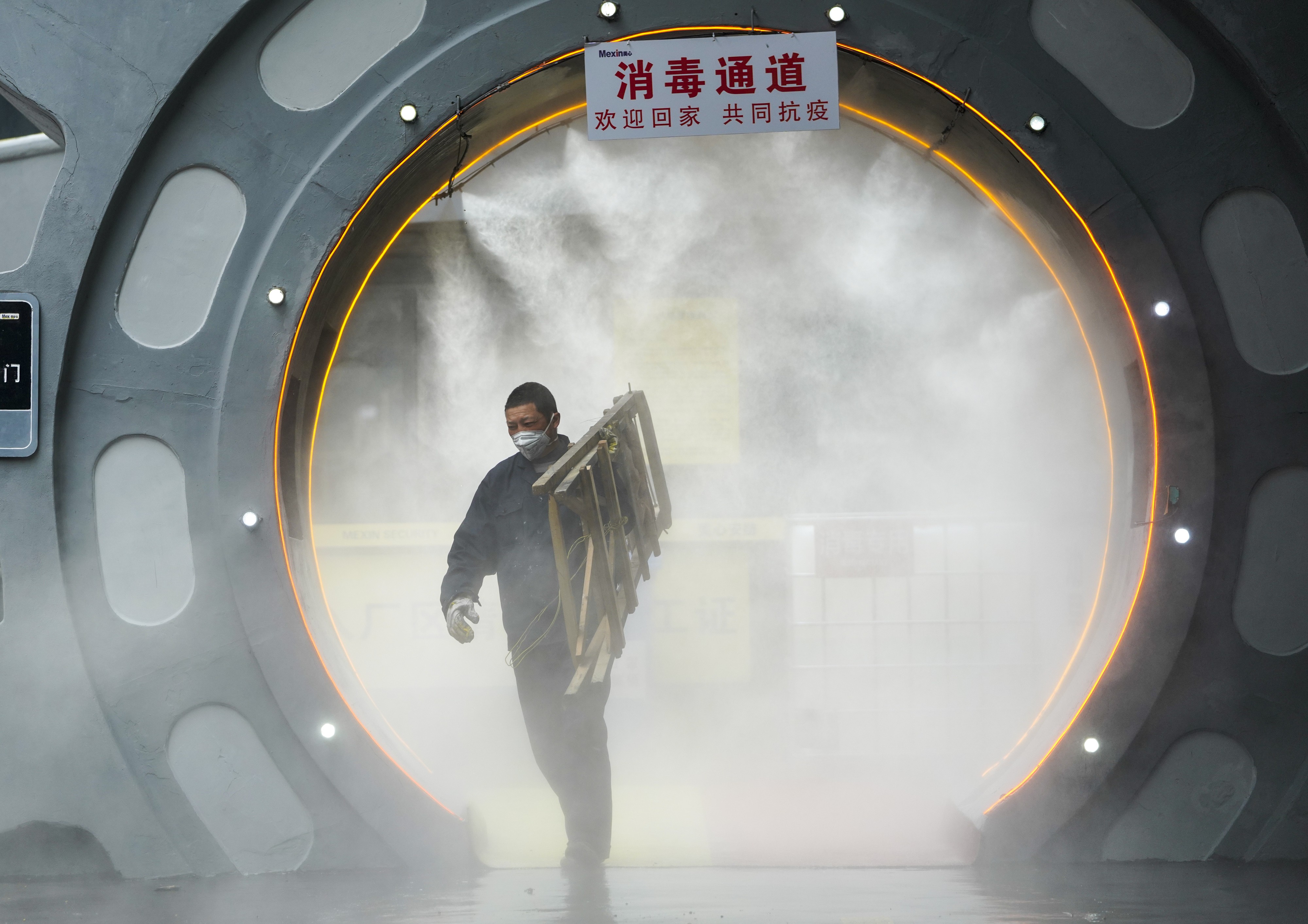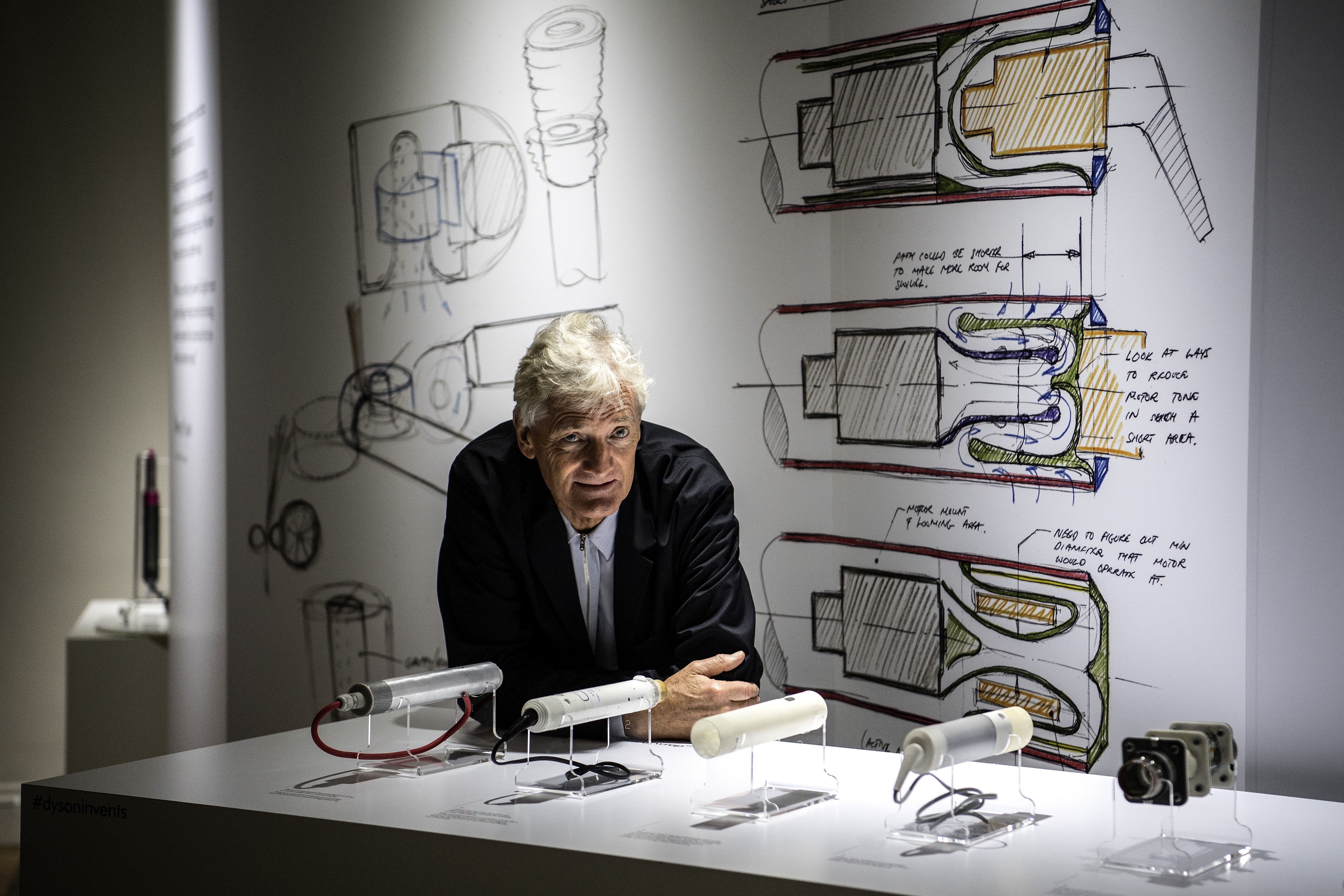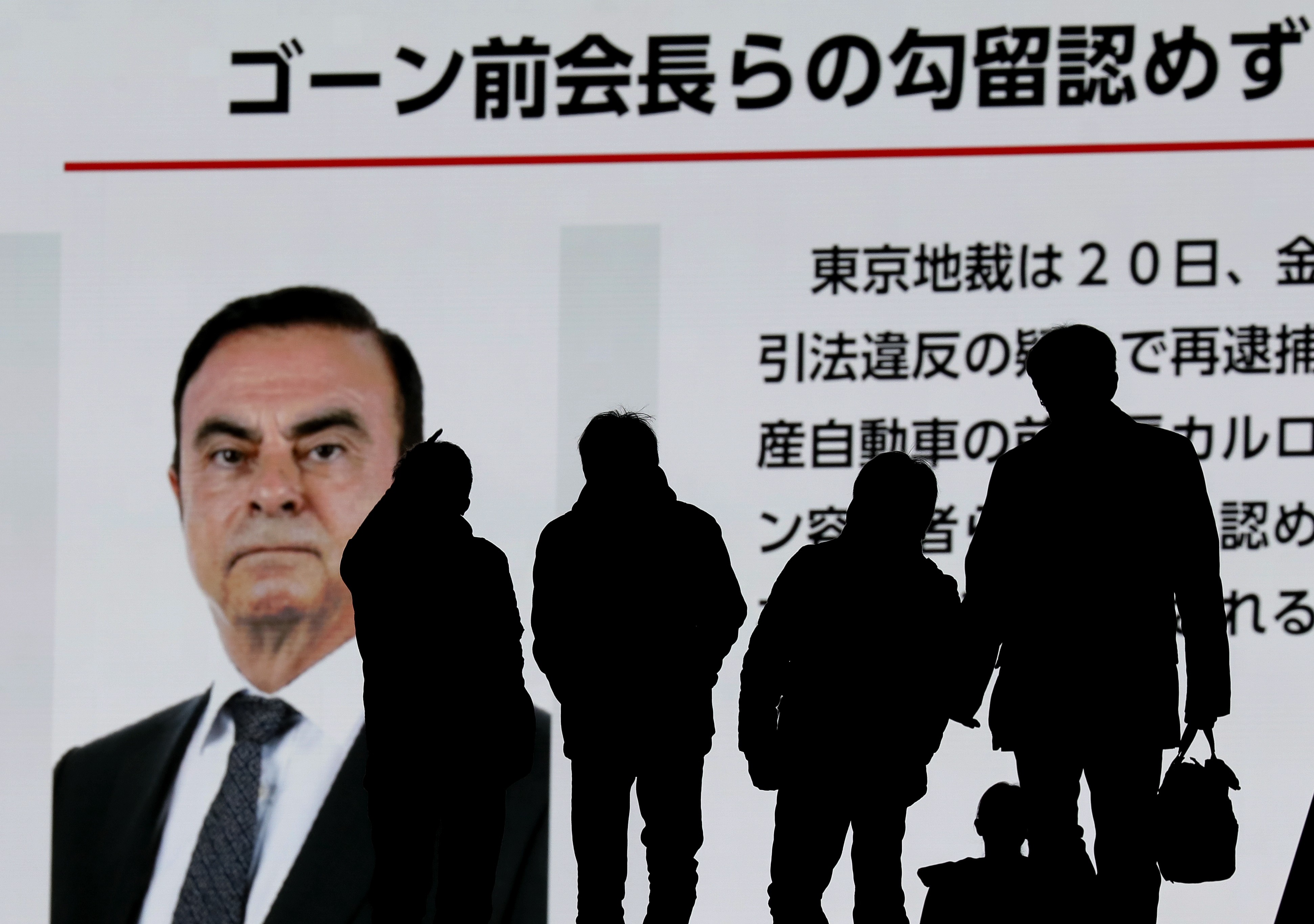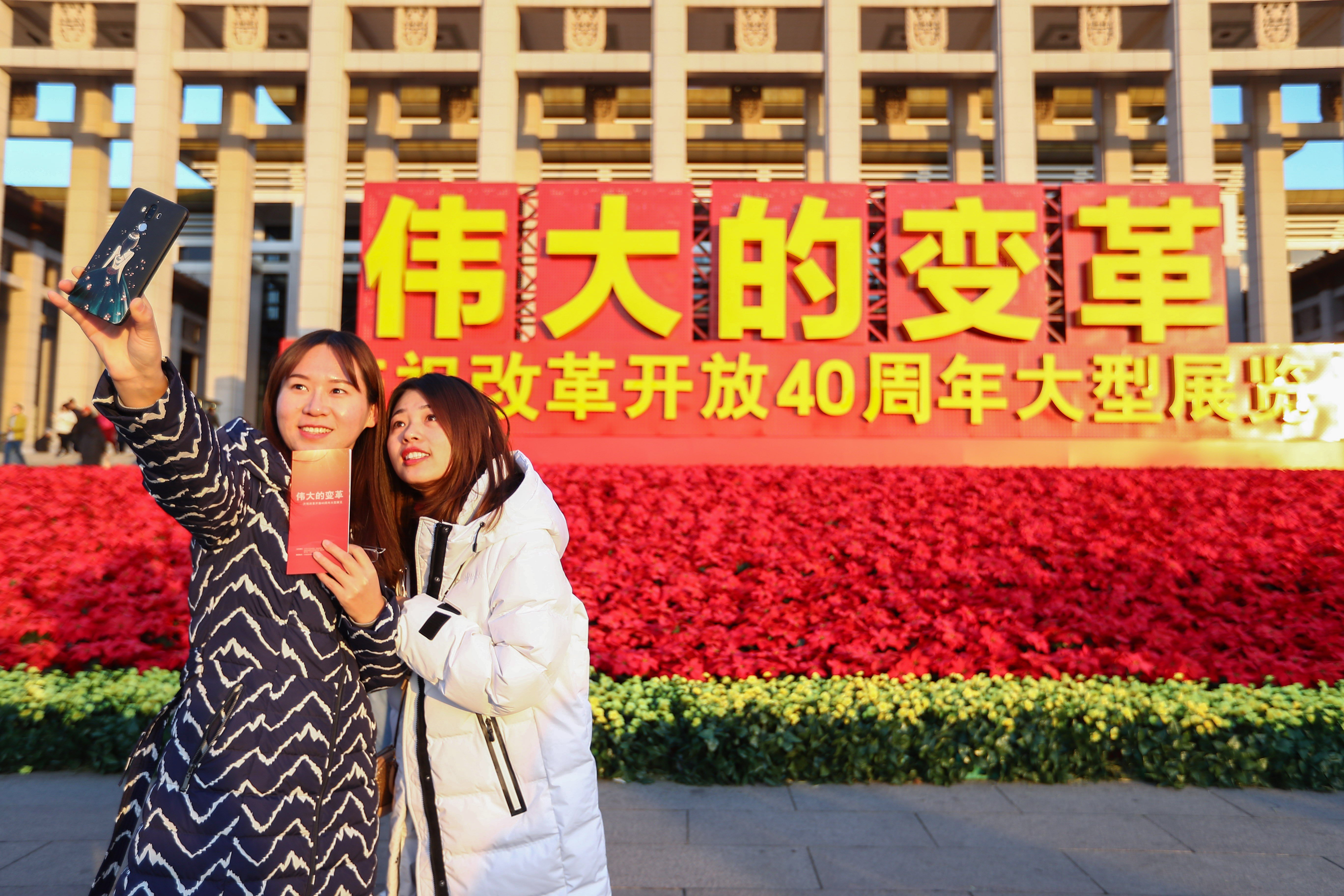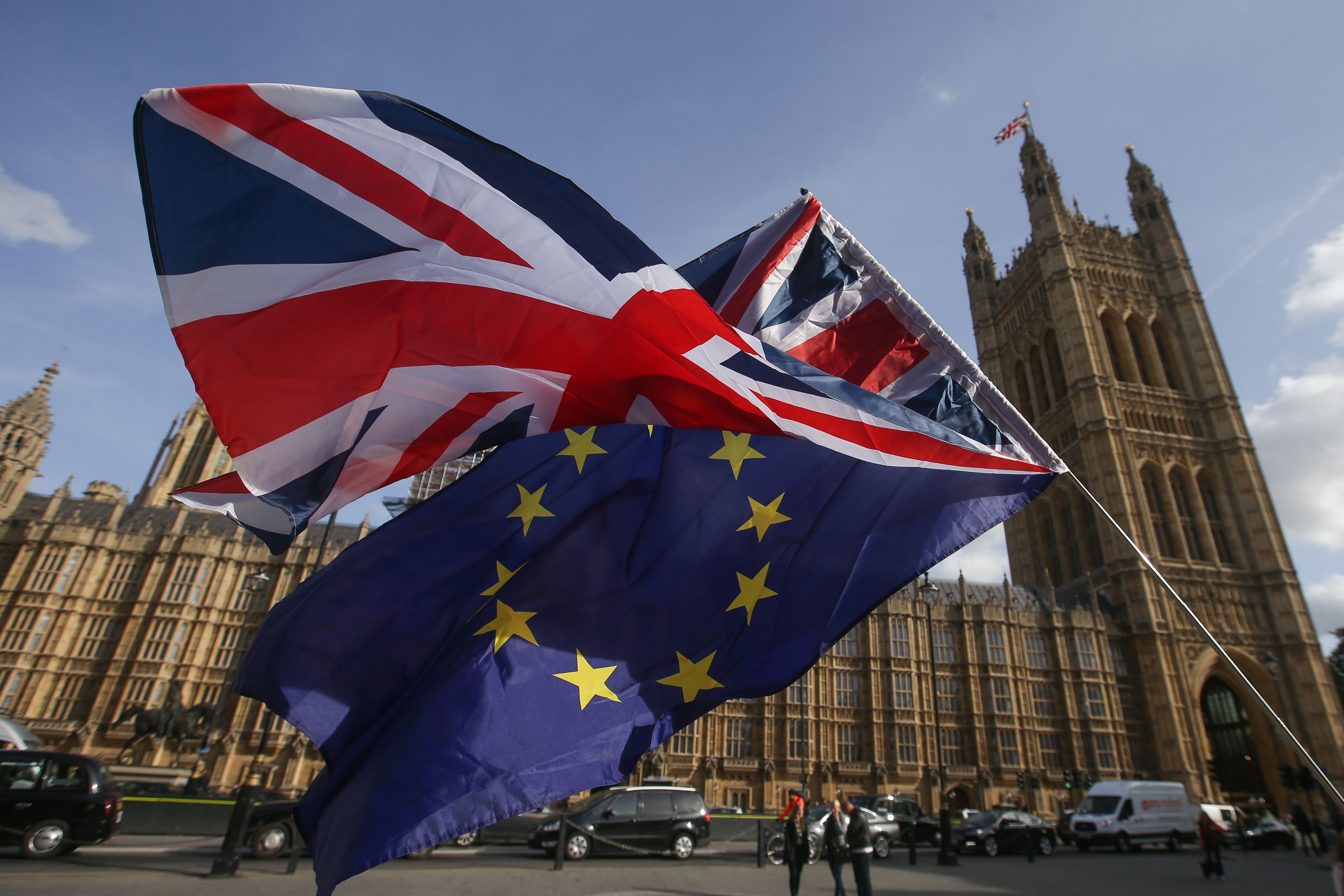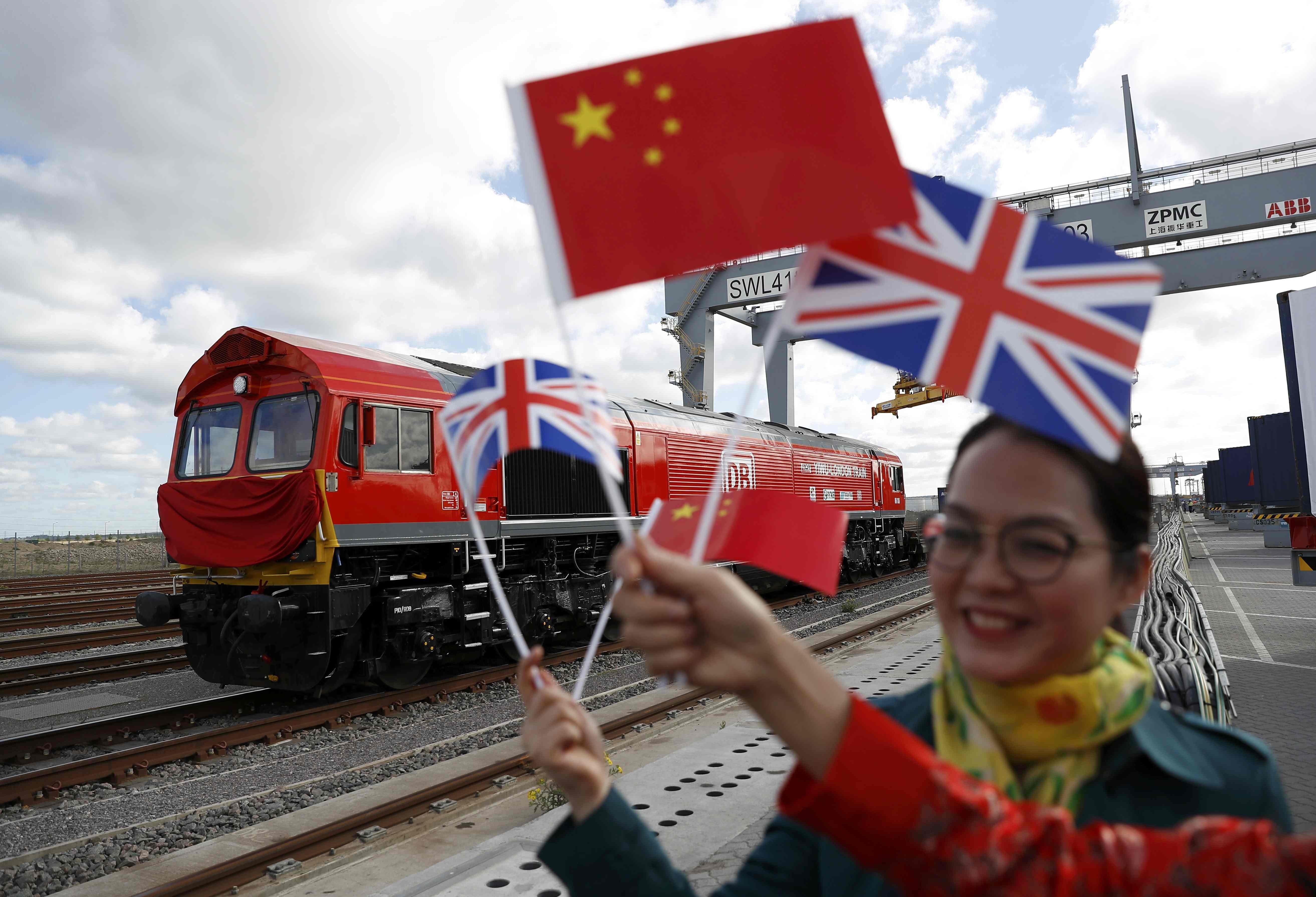Advertisement
Advertisement

Chris Rowley
Professor Chris Rowley is a visiting fellow at Kellogg College, University of Oxford and professor emeritus, Bayes Business School, City, University of London. He is a leading figure in the study of employment and human resource management, and business and management in Asia.
Professor Chris Rowley is a visiting fellow at Kellogg College, University of Oxford and professor emeritus, Bayes Business School, City, University of London. He is a leading figure in the study of employment and human resource management, and business and management in Asia.
Shifting economic and societal forces are giving thoughtful leaders a chance to abandon crushing overwork and embrace a new corporate culture.
The presence of foreigners not only brings economic benefits through trade and investment but also fresh ideas and cultural understanding.
The C919 is a sign of China’s ongoing transformation into a high-value and innovation-led economy. It also highlights China’s growing global competitiveness in hi-tech development.
While institutional factors, such as a nurturing ecosystem and government support, play a role in fostering innovative sectors, these businesses are risky by nature. China’s growth in these areas might be influenced by a cultural comfort with uncertainty.
Advertisement
